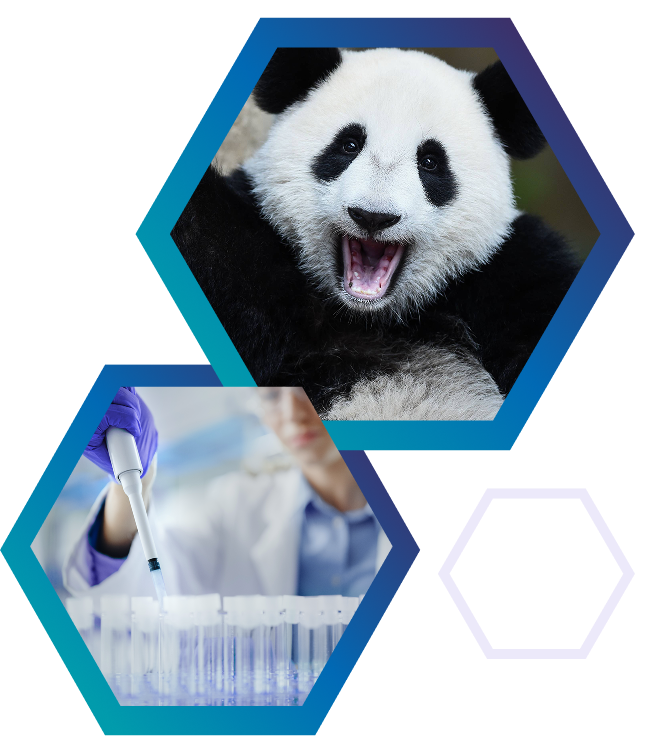Triiodothyronine (T3) ELISA Kit
Personal Touch
Here to Help.
Ready to Ship
Most kits in stock.
Easy to Use
Simple protocols.
- Catalog Number K056-H
- Assay Type Competitive ELISA
- Sample Types Urine, Tissue Culture Media, Extracted Serum, Plasma, and Fecal Extracts
- Sensitivity 37.4 pg/mL
- Species T3 is identical across species
- Assay Duration 2.5 Hours
- Samples/Plate 39 in Duplicate
- Readout Colorimetric, 450 nm
Assay Principle:
The DetectX® Triiodothyronine (T3) ELISA Kit quantitatively measures T3 in urine, tissue culture media, extracted serum, plasma, and fecal extracts. This competitive ELISA has a run time of 2.5 hours. Please read the complete kit insert for more information before performing this assay. Use our provided T3 standard to generate a standard curve for the assay.
Protocol Summary:
- Place standards or diluted samples into the provided transparent microtiter plate, pre-coated with donkey anti-sheep IgG antibody.
- Add T3 peroxidase conjugate and T3 sheep antibody to the wells, ensuring a thorough mix.
- Incubate the mixture at room temperature, covered and shaking, for 2 hours. The immunological reaction is inversely proportional to the T3 concentration in the sample.
- After incubation, remove the excess conjugate and introduce the TMB substrate. The substrate reacts with the bound conjugate, producing a detectable colorimetric signal.
- Measure the signal intensity at 450nm using a plate reader and calculate the T3 concentration based on the standard curve.
Background:
Triiodothyronine, commonly known as T3, is a major thyroid hormone. It regulates several physiological processes, including growth, development, metabolism, body temperature, and heart rate. Produced by the thyroid gland, T3 is a key player in the body’s hormonal regulation, influencing nearly every system.
T3 production is stimulated by thyroid-stimulating hormone (TSH) released from the pituitary gland, forming part of a negative feedback loop that maintains hormonal balance. T3 is more metabolically active than its prohormone, thyroxine (T4), though it has a shorter half-life.
Abnormal T3 levels are indicative of various thyroid conditions. Clinicians typically observe elevated T3 levels (> 2 ng/mL) in hyperthyroidism, with a small subset of patients exhibiting T3 toxicosis, where only T3 is elevated. Conversely, reduced T3 and T4 levels are characteristic of hypothyroidism. T3 measurements are crucial for diagnosing and managing thyroid disorders, with the DetectX® Triiodothyronine (T3) ELISA Kit providing a sensitive and specific tool for endocrinologists and researchers to assess these levels accurately.






